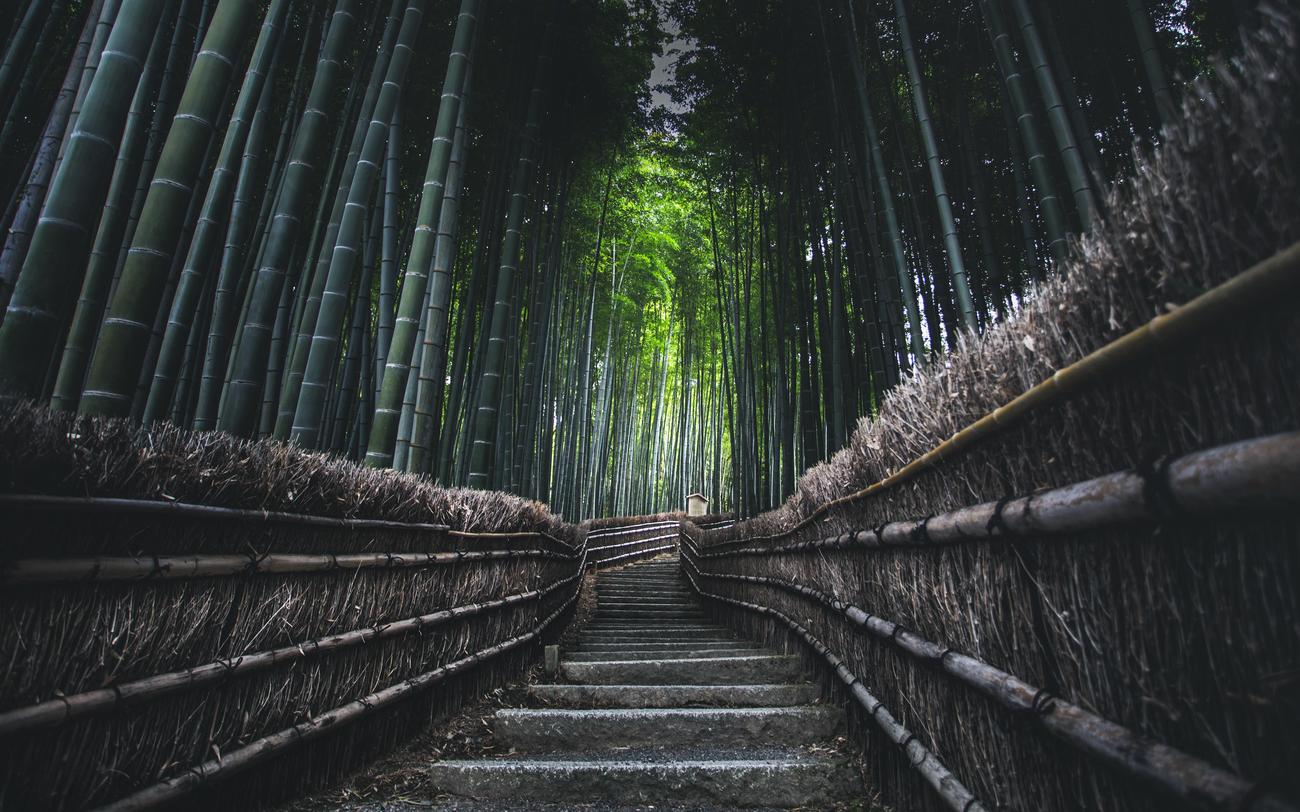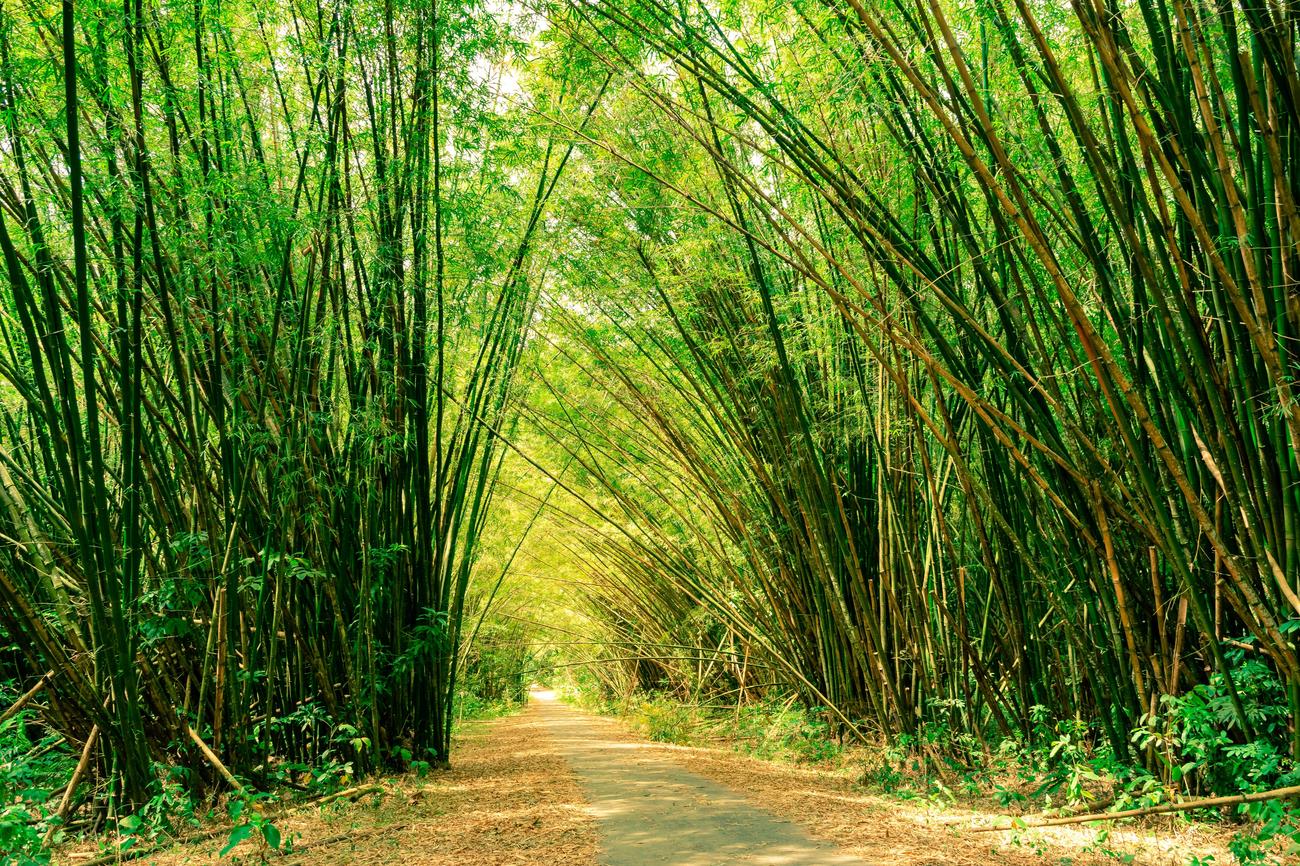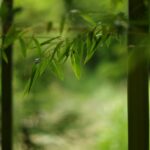Bamboo, the humble grass that reaches breathtaking heights, holds the key to a sustainable future. In a world grappling with environmental challenges, this remarkable plant offers a glimmer of hope. Its eco-friendly wonders are as awe-inspiring as its rapid growth and superior strength. Welcome to an article that uncovers the untapped potential of bamboo, delves into its sustainable properties, and sheds light on why this versatile resource is becoming an instrumental part of the solution. Brace yourself for a journey into the green heart of sustainability, where bamboo reigns as nature’s true marvel.

Eco-friendly properties of bamboo
Bamboo is not your ordinary plant. It holds within it a range of eco-friendly properties that make it a sustainable resource with numerous benefits for both the environment and human use. In this article, we will delve into the wonders of bamboo and explore why it is considered one of the most eco-friendly materials available today.
Renewable and Sustainable
One of the key eco-friendly properties of bamboo is its renewable nature. Unlike many traditional materials such as wood, bamboo can be harvested every few years, making it a highly sustainable option. The rapid growth rate of bamboo allows it to replenish itself quickly, reducing the pressure on forests and promoting a more sustainable approach to resource consumption. As we strive to protect our planet, embracing bamboo as an alternative to these finite materials is a step in the right direction.
“Bamboo’s rapid growth makes it an incredibly renewable resource, perfect for sustainable living.”
A Carbon Sink and Oxygen Producer
Another remarkable property of bamboo is its ability to act as a carbon sink and oxygen producer. While all plants absorb carbon dioxide and release oxygen through photosynthesis, bamboo surpasses the performance of most plants and trees. It absorbs 2x more carbon dioxide than trees, helping to mitigate the effects of greenhouse gases and combat climate change. Additionally, bamboo produces up to 30% more oxygen than other plants and trees, making it a powerful ally in improving air quality and reducing pollution.
“If we want to fight climate change and improve air quality, bamboo is an eco-friendly superhero we cannot ignore.”
Versatile and Durable
Bamboo’s versatility and durability are two more eco-friendly features that set it apart from other materials. This remarkable plant can be used in a wide range of applications, from construction and manufacturing to food and fuel. Its strength and flexibility make it an ideal choice for structures, furniture, and even textiles. By utilizing bamboo, we can reduce our reliance on materials that have a higher carbon footprint and contribute to resource depletion.
“When it comes to durability, bamboo leaves other materials in the dust, providing a sustainable and long-lasting solution for all your needs.”
Environmental and Economic Benefits
Bamboo forests offer a host of environmental benefits, making them a valuable asset in the pursuit of sustainability. These forests help reduce soil erosion, stabilize the soil, and consume high quantities of nitrogen, thus reducing water pollution. By planting and preserving bamboo forests, we can protect our land and water resources while promoting a more balanced ecosystem.
“Bamboo forests not only beautify our landscapes but also play a vital role in protecting our environment.”
Furthermore, bamboo carries economic benefits for those in the bamboo industry. By promoting and supporting the production of bamboo-based products, we can help create a sustainable livelihood for many communities. This income generation can lead to improved living standards and economic stability, fostering a more sustainable future for all.
“Embracing bamboo not only benefits the environment but also empowers communities and drives economic growth.”
Conclusion
In conclusion, bamboo’s eco-friendly properties make it an invaluable resource in our journey towards sustainability. Its rapid growth, superior strength, minimal carbon footprint, and diverse applications make it a viable alternative to traditional materials. By utilizing bamboo, we can reduce our impact on the environment and create a more sustainable future for generations to come.
“Bamboo’s eco-friendly wonders continue to amaze, making it a material of choice for a greener and more sustainable world.”
Bamboo Characteristics
Bamboo is a fascinating plant with unique characteristics that make it a popular choice for various applications. From its rapid growth rate to its impressive strength and durability, bamboo stands out among other natural materials. If you’re intrigued by the versatility and eco-friendliness of bamboo, you’ll definitely want to explore further. Discover more about bamboo characteristics and its incredible benefits here: Bamboo Characteristics. Get ready to be amazed by the exceptional qualities that make bamboo a sustainable and trendy choice in today’s world.

FAQ
Question 1
What makes bamboo an eco-friendly and sustainable material?
Answer 1
Bamboo is considered eco-friendly and sustainable due to its renewable nature, rapid growth, and minimal carbon footprint. It can be harvested every few years and replace traditional materials like wood, reducing deforestation.
Question 2
How does bamboo benefit the environment?
Answer 2
Bamboo forests act as carbon sinks, absorbing more carbon dioxide than trees, and producing up to 30% more oxygen than most plants and trees. They also reduce pollution and soil erosion, consume high quantities of nitrogen, and help stabilize the soil.
Question 3
What are the uses of bamboo?
Answer 3
Bamboo is a versatile material with various applications. It can be used for construction, manufacturing, food, and fuel. Its durability and resistance to dampness and insects make it a long-lasting choice.
Question 4
Does bamboo have economic benefits?
Answer 4
Yes, bamboo can provide economic benefits. People in the bamboo industry can earn income from cultivating and selling bamboo products. It offers opportunities for sustainable livelihoods.
Question 5
Where can I find more information about bamboo’s benefits and uses?
Answer 5
You can find more information about the benefits and uses of bamboo on websites such as bria.com.ph, greenhomeguide.com, factober.com, barevida.com, and theroundup.org.
- Mastering Leader in Spanish: The Complete Guide - April 19, 2025
- Uncovering Surprising Parallels: England Size Compared to US States - April 19, 2025
- Old Mexico Map: Border Shifts 1821-1857 - April 19, 2025
















